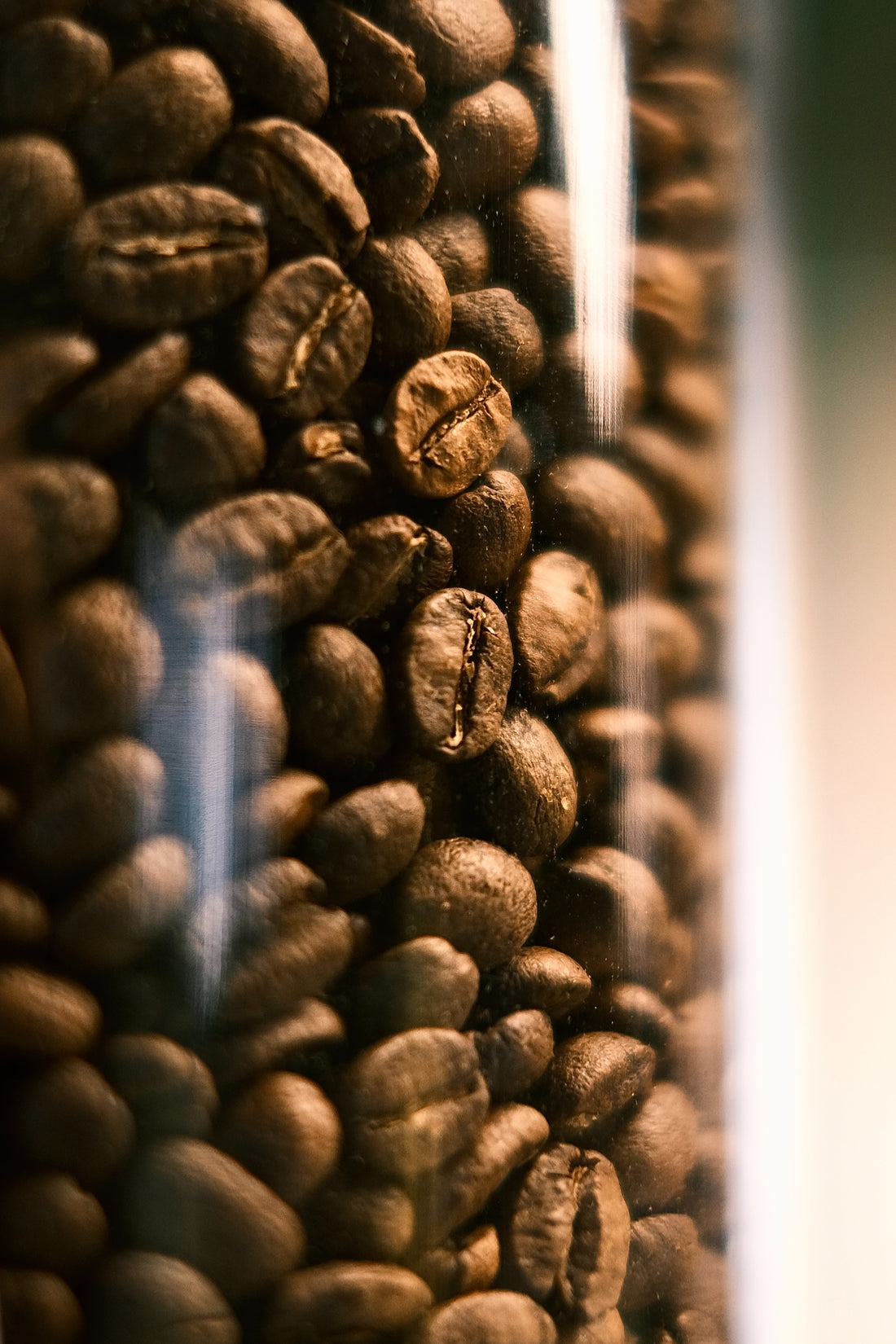Arabica Coffee: An Overview of its Origins, Benefits, and Comparison to Other Coffee Beans
Coffee has been a staple beverage for millions of people around the world, and the Arabica coffee bean has been a prominent part of the coffee culture for centuries. Originating in Ethiopia, this coffee bean has a long and rich history, making it a popular choice among coffee enthusiasts. In this blog, we'll take a closer look at the Arabica coffee bean, its origins, benefits, and a comparison with other coffee beans.
Origins of Arabica Coffee
The Arabica coffee plant is native to the high altitudes of the Ethiopian region of Kaffa. Legend has it that the plant was discovered in the 9th century by a goat herder named Kaldi. He noticed that his goats were full of energy after eating the red berries from the plant. Kaldi tried the berries himself and felt the same burst of energy. From there, the plant was introduced to the monasteries in the region, where it was cultivated for its caffeine-rich beans.
Arabica coffee made its way to the rest of the world through the Arabian Peninsula, and it quickly became a popular drink among the wealthy. Today, Arabica coffee is grown in countries all over the world, including South and Central America, Asia, and Africa.
Benefits of Arabica Coffee
Arabica coffee is well known for its rich, smooth, and flavorful taste, but it also offers several health benefits. Here are some of the benefits of drinking Arabica coffee:
-
Antioxidants: Arabica coffee contains antioxidants that help to protect the body against damage from free radicals. These antioxidants are believed to help reduce the risk of several diseases, including cancer and heart disease.
-
Boosts energy: The caffeine in Arabica coffee provides a natural energy boost that can help to increase focus and productivity.
-
Lowers risk of type 2 diabetes: Studies have shown that regular coffee consumption, including Arabica coffee, may lower the risk of developing type 2 diabetes.
-
Reduces the risk of liver disease: Arabica coffee contains several compounds that have been linked to a reduced risk of liver disease, including cirrhosis and liver cancer.
Comparison with Other Coffee Beans
While Arabica coffee is the most popular coffee bean in the world, there are several other types of coffee beans that are commonly consumed, including Robusta and Liberica. Here is a comparison of Arabica coffee with other coffee beans:
-
Arabica vs. Robusta: Arabica coffee is known for its mild, smooth, and flavorful taste, while Robusta coffee has a strong and bitter taste. Arabica coffee is grown at higher altitudes and is considered a higher quality bean, while Robusta coffee is typically grown at lower altitudes and is considered a lower quality bean.
-
Arabica vs. Liberica: Arabica coffee is considered the most flavorful and aromatic of all the coffee beans, while Liberica coffee has a unique and bold taste that is often described as "woody" or "smoky." Arabica coffee is grown in several countries around the world, while Liberica coffee is grown primarily in Africa.
Conclusion
Arabica coffee is a staple beverage for millions of people around the world, and it offers a rich, smooth, and flavorful taste that is unmatched by other coffee beans. With its long and rich history, along with its numerous health benefits, it is no wonder that Arabica coffee remains a popular choice among coffee enthusiasts. Whether you are looking for a natural energy boost or just want to enjoy a delicious cup of coffee, Arabica coffee is the just an exclusive experience



